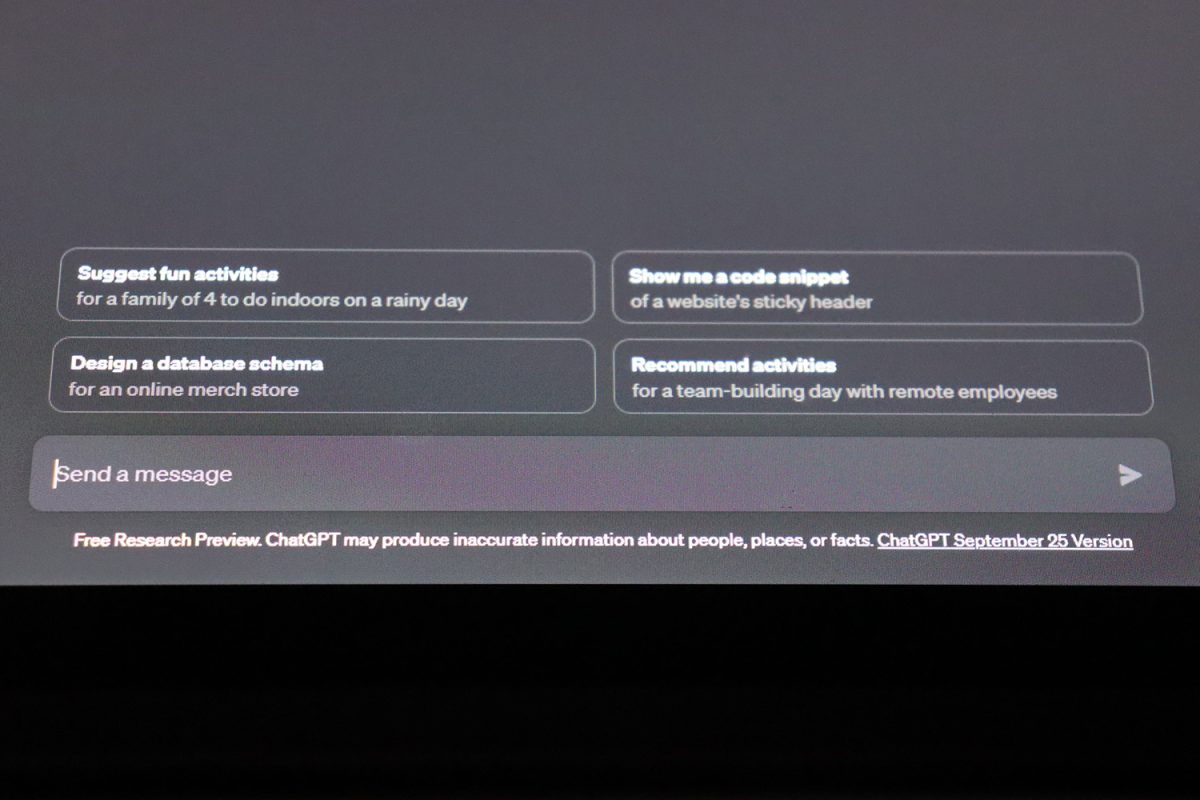As the school year 2023-2024 started, the grading policy changed. For three consecutive years, the school had a 50-point grade policy, so if a student had a missing assignment or a low grade they couldn’t receive lower than 50% regardless of the grade they earned. Assistant Principal Clark Crawford explained that the change of this policy is in effect of looking for a truer reflection of how well a student masters a subject.
“Whenever we started looking at implementing this program this past year, we had to get back to the roots of what grading is, and grading is a tool that teachers use to evaluate and give feedback to students on their performance,” Crawford said. “ We thought of something like this, the ‘did not submit’ we thought that this would help reflect a more accurate and a true reflection of what the students’ performance level is.”
The grading committee looked for a more accurate way to determine students’ grades. Students could look for the symbol (DNS), which the committee hoped would stand out more to a student, and would encourage them to turn in their work. Sophomore Logan Worrel explained how this policy was beneficial compared to the 50-point grade policy.
“Last year if I had a 50 I couldn’t tell if I had actually earned that 50 or if it was just because I didn’t turn it in,” Logan said. “DNS is like a zero, I think it’s more helpful just to see what I need to catch up on.”
This policy was also an addition to the semester test exemption policy. PE teacher Emmalee Luke explained her concerns with this policy and how it would work regarding semester tests.
“If you have less than seven DNS assignments, you can have an extra semester test exemption, kind of interested to see how that will go as far as keeping track of it all,” Luke said.
The faculty hoped the policy would encourage students to turn their assignments in as a DNS had a bigger impact on their grades than a 50. Principal Melissa Barlow explained how she believed teachers felt about the policy, and how it was beneficial for students.
“Teachers see value in the policy, as it encourages students to complete the assignments tied to essential skills, thus leading to an increase in student understanding and learning,” Barlow said, “It provides an incentive for students to complete their assignments, which in turn means that they are learning.”
DNS: A truer reflection
School administrators emailed this flyer to students on Aug. 16. The flyer, sent out the day before school started, outlined the new grading policy. (Photo Provided by Rebecca Reape)
Story continues below advertisement
0
More to Discover
About the Contributor

Carmen Osio Rodriguez, Editor-In-Chief










